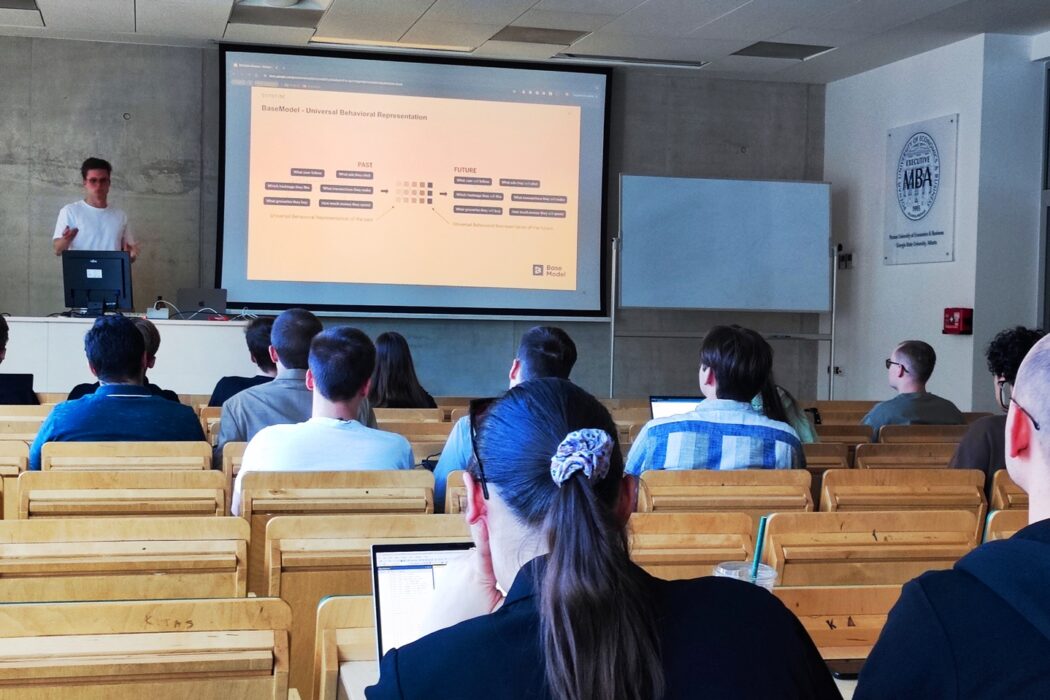BaseModel: introduction to behavioral modeling

Collecting and analyzing behavioral data poses many challenges. One of the most important – the volume and complexity of data. User interactions generate huge amounts of data that can be difficult to store, process and analyze. This data can also be chaotic and unstructured, making it difficult to extract and interpret. Additionally, behavioral data analysis can generate complex results that may be difficult to interpret. Companies need specialists who can understand data and draw practical conclusions from it. It is also important to recognize that behavioral data must be integrated with existing business systems such as CRM and analytics platforms to be useful.
Another significant challenge is data quality. The accuracy, timeliness and completeness of behavioral data can have a major impact on the results of the analysis. Companies must implement data quality control procedures to ensure that data is reliable and can be used to make good decisions. Additionally, user behavior and technologies are constantly evolving, which means companies must constantly update their analytical models and algorithms to keep up with trends and provide comprehensive analysis of this data.
During the open lecture, the BaseModel tool was presented, which uses event data to create behavioral profiles of users, products and services. These profiles can then be used to train machine learning models to predict future behavior. Algorithms developed in Synerise (Cleora and EMDE) were also presented, which allow processing data sets consisting of billions of events in real time.
The event took place on May 13, 2024 and was organized by SRG Data Science.




